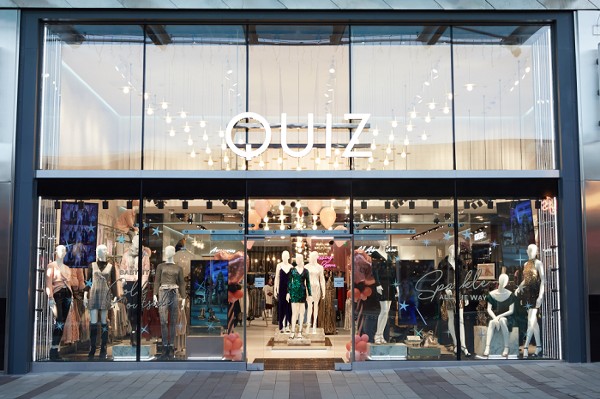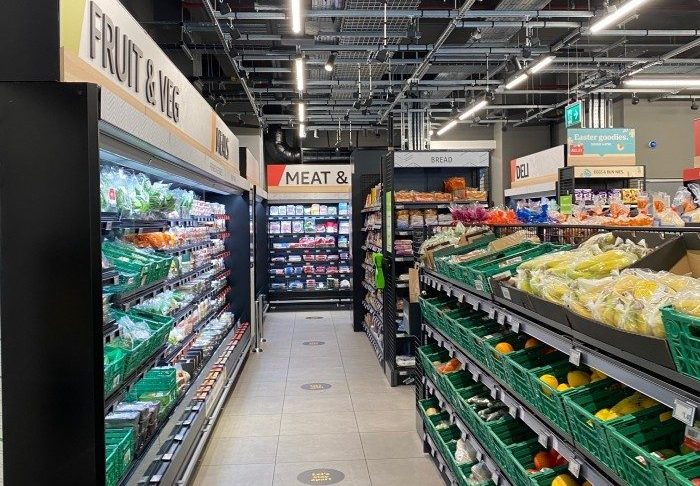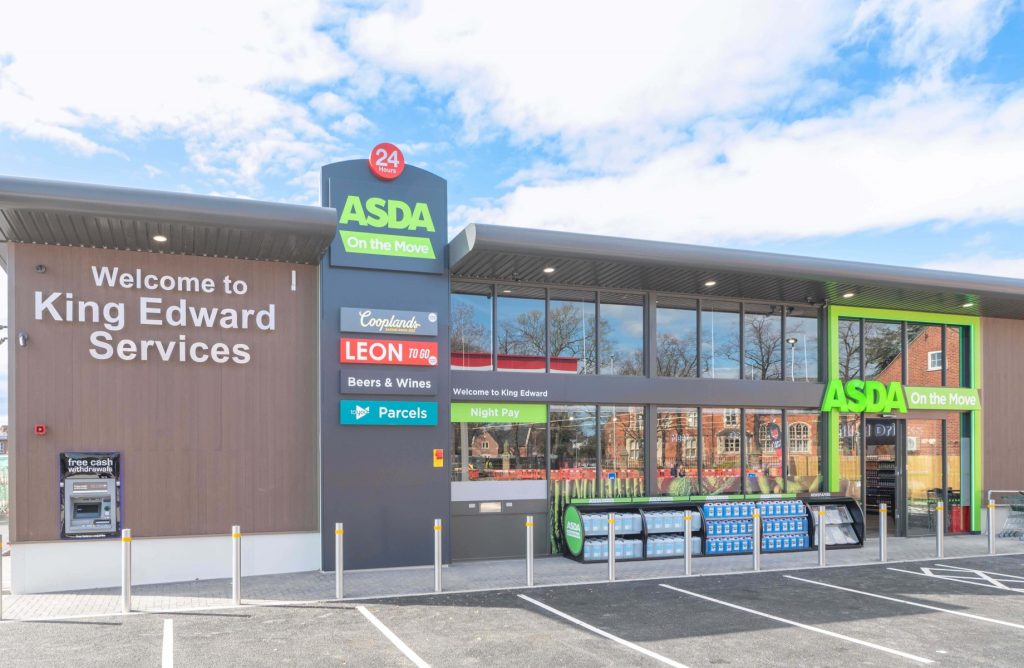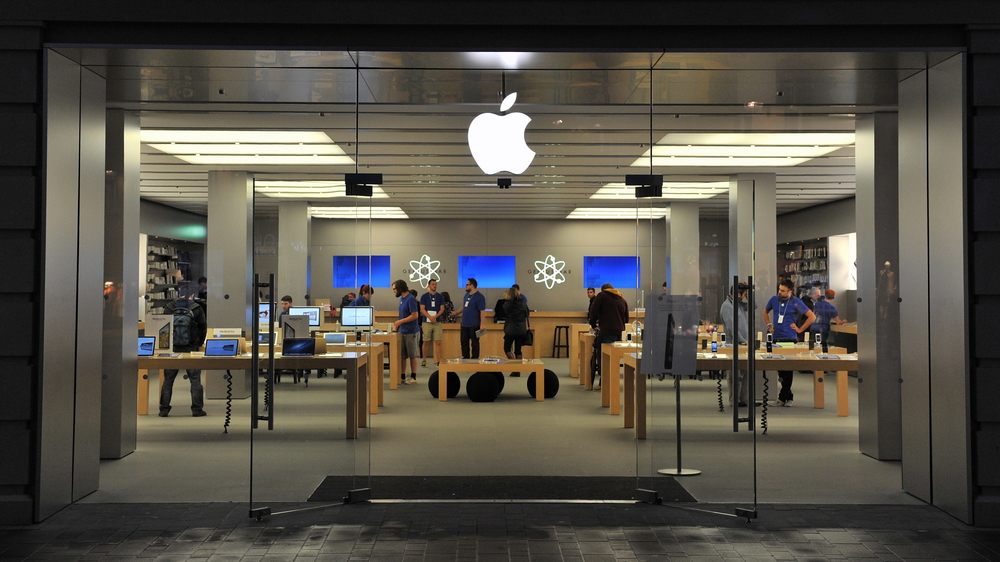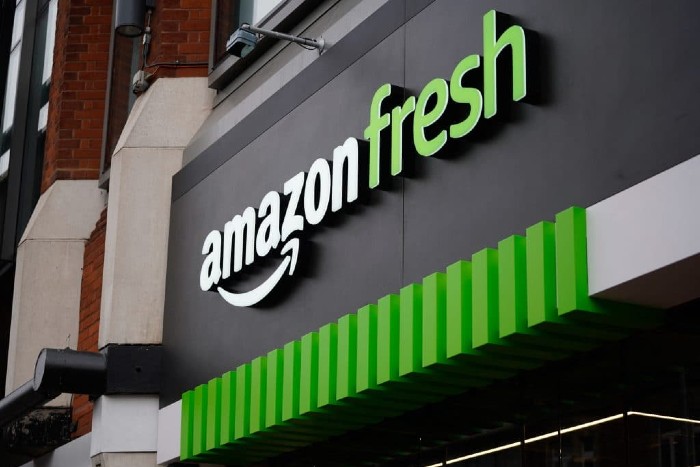Retailers today face bottlenecks in their online delivery, depressed consumer confidence, and the need to engage customers now and when the shops open again.
However, the challenges can be met by telling a memorable story from the supply chain, helping customers build up savings for a future outlay, and making shopping an enlivening group experience both online and offline.
Not only will customers be more loyal, other stakeholders will be reassured to see the retailer doing its best in the crisis.
Turning supply constraints into a good story
“The layaway plan is a good way for customers to satisfy their desire for savings while ultimately leading to an expenditure”
British retailers have informed their shoppers about their extraordinary measures to protect personnel and raise capacity in the supply chain as part of their communication to manage customers’ expectations regarding deliveries. Many said they were working closely with their suppliers, providing a glimpse behind the scenes to gain customer understanding for the challenges.
These kinds of rational messages are a good response to temper customers’ frustrations with the online service. However, meeting emotions with emotions can be even more effective. A personal story about the engagement of a supplier in ramping up production and speeding the logistics, all in close collaboration with the retailer while keeping to physical distancing and hygiene, can drive the point home.
Under the lead of the retailer, people in the supply chain are acting in extraordinary ways in these extraordinary times to serve the customers as best as possible. UK retailers regularly inform about their suppliers; for example, M&S showcase their supplier farms and factories while Kingfisher’s latest sustainability report includes case studies of suppliers in Turkey and China.
Focusing such reporting to today’s situation with a close-up story about a special supplier response will resonate with the positive topics of innovation, safety and commitment.
Customers will appreciate being informed in a compelling and insightful way that invites them to think twice when the order takes longer to arrive. They can balance out their negative emotions about a supply chain that appears not to be working for them with the positive feelings drawn from a supplier who is clearly working for their benefit.
“A retailer can make use of software tools to create online the group experience of shopping with friends”
Saving in a crisis to boost spending later
Online sales are booming. The retail industry is nevertheless suffering from the closure of many shops and even companies active only in ecommerce know very well that consumer confidence is depressed. This raises consumer savings as a precaution.
The layaway plan is a good way for customers to satisfy their desire for savings while ultimately leading to an expenditure. Paying into the plan every month with a growing balance appeals to the psychology of saving. Knowing that the desired item is reserved and will soon be on the way, irrespective of any further supply chain challenges, can help to brighten life today. And customers just need to convince themselves regarding the plan. Layaway does not require an income or credit check – in these uncertain times, customers need not verify to anyone else their ability to pay.
To promote the layaway plan retailers would need to make it easy and attractive, avoiding some of the complications, strictness and fees that often accompany the plan. Customers who take up the offer will be thankful for some security when this asset is scarce. Other customers will be happy to know the option is there, while yet others will be impressed by the demonstration of the retailer’s will to adjust to new customer needs. All in all, a boost to customer loyalty.
Enlivening shopping as a group experience – online & offline
While many of us are yearning for social contact, a retailer can make use of software tools to create online the group experience of shopping with friends. At the same time, the retailer can pave the way for the return to physical shopping once the shops are re-opened.
Web conferencing platforms that are all the rage these days offer screen sharing. Friends can join an online meeting and together walk through an online shop on the shared screen as navigated by the meeting leader. Where the shared screen can move between participants, each shopper can go on their own hunt and share the spoils with the others.
“Customers will reward these efforts with loyalty”
Retailers can promote such shopping fun with appropriate stories posted on social media and the website. Even better could be to reward group online shopping with a social experience in the reopened shop. Customers can take a screen shot of their shared shopping and mail it to the retailer, who responds with a certificate for the party to be continued in a shop. A goodie is offered to the group, ranging from a discount to a gift-with-purchase or freebie – or – to highlight the advantages of physical stores, a tour through the shop including remarks about the history, marketing approach, purchasing strategy, etc.
The special treatment induces customers to identify with the shop, particularly in the latter kind of so-called infotainment.
Loyalty and identification from all stakeholders
These proposals rest on trust between the retailer and the customer, where each understands the strains imposed in these times and how to make the best of it.
Customers will reward these efforts with loyalty. Benefits will also come from more supportive personnel, business partners and investors who are encouraged by the retailer’s innovative stance in the face of unprecedented circumstances.
Benjamin Wall is the author of Amazon: Managing Extraordinary Success in 5-D Value which can be purchased here.
Click here to sign up to Retail Gazette’s free daily email newsletter





